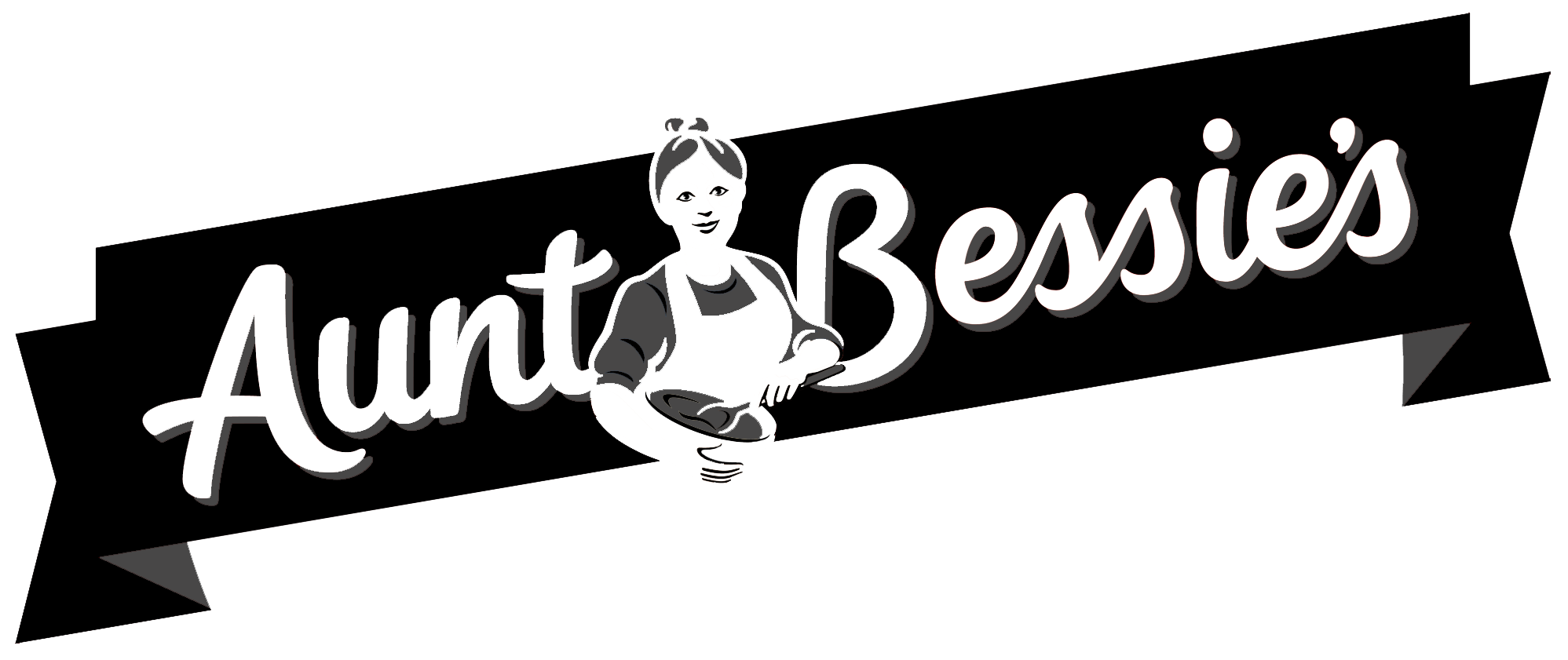Court of Justice of the European Union ruling on wearing of political, philosophical or religious signs
Today the ECJ has ruled on two cases concerning the visible wearing of political, philosophical or religious signs.
In the first case, of Achbita Centrum voor gelijkheid van kansen en voor racismebestrijding v G4S Secure Solutions, Samira Achbita worked for a Belgian security company. Three years into her employment she began to wear a headscarf at work despite there being a company rule prohibiting the wearing of any visible signs of political, philosophical or religious beliefs. She was dismissed and appealed through the courts to the Belgian Constitutional Court.
The ECJ was asked to decide whether a prohibition on wearing an Islamic headscarf, which arises from a general internal rule of a private undertaking, constitutes direct discrimination.
The ECJ found that the internal rule refers to the wearing of visible signs of political, philosophical or religious beliefs and therefore covers any manifestation of such beliefs without distinction, accordingly such an internal rule did not amount to direct discrimination.
Despite not having been asked to decide whether such a rule could amount to indirect discrimination the Court noted that the national court might conclude that an internal rule could lead to indirect discrimination where the apparently neutral obligation imposed results in persons adhering to a particular religion or belief being put at a particular disadvantage. Such a rule might not amount to indirect discrimination if it were justified by a legitimate aim and if the means of achieving that aim were appropriate and necessary.
Note that in the UK, the requirement is for the' legitimate aim' to be achieved by 'proportionate' means.
The other case Bougnaoui and Association de défense des droits de l'homme (ADDH) v Micropole Univers concerned Asma Bougnaoui, a Muslim woman who was employed as a design engineer by an IT consultancy. As part of her duties Ms Bougnaoui was required to meet with Micropole's clients on their premises. Following a complaint from one of those clients that her headscarf had "embarrassed" its employees and a request that "there should be no veil next time" she was asked to confirm that she would comply with that request on her next visit. She refused and was dismissed.
The ECJ set out that the reference to them by the French courts was unclear as to whether the question related to direct or indirect discrimination
If it were the case that Ms Bougnaoui was dismissed because of her non-compliance with an internal rule prohibiting the visible wearing of signs of political, philosophical or religious beliefs then it would be for the French court to decide whether this would amount to indirect discrimination taking into account the Court's decision in the Achbita case above.
The ECJ was asked to decide whether the willingness of an employer to take into account the wishes of a customer no longer to have that employer's services provided by a worker wearing an Islamic headscarf may be considered a 'genuine and determining occupational requirement' within the meaning of the directive.
The ECJ set out that it would only be in very limited circumstances that characteristics related in particular to religion may constitute a genuine and determining occupational requirement. The very concept of an occupational requirement is objectively dictated by the nature of the activities concerned or in the context in which they are carried out, consequently such subjective considerations, such as the employer's willingness to take account the particular wishes of a customer could not be meet the test.
Some European countries, including Belgium and France, operate against very different cultural backdrops to Great Britain in that it is not uncommon for religious and political symbols to be banned in their public sector. Blanket bans on headscarves, or any other religious or philosophical symbols, are very unlikely to be held lawful in Great Britain even where the strict tests set out in the G4S ruling can be met. So, don't believe even half of what you may have read today in the mainstream press!





